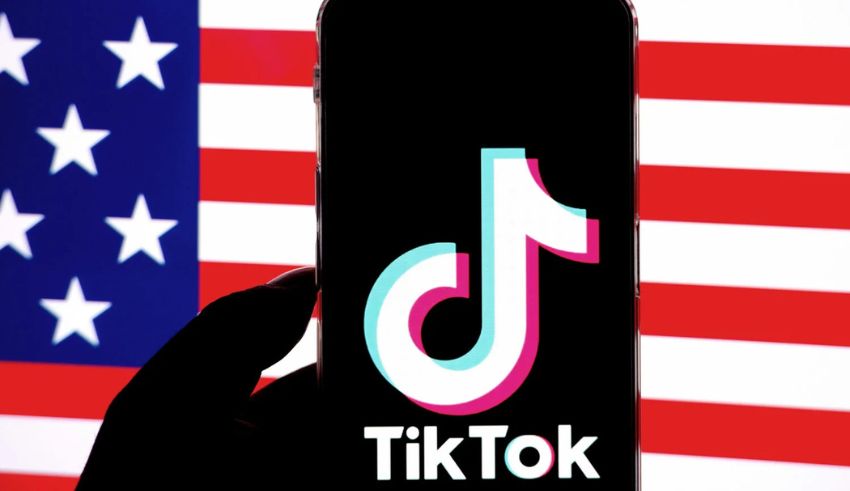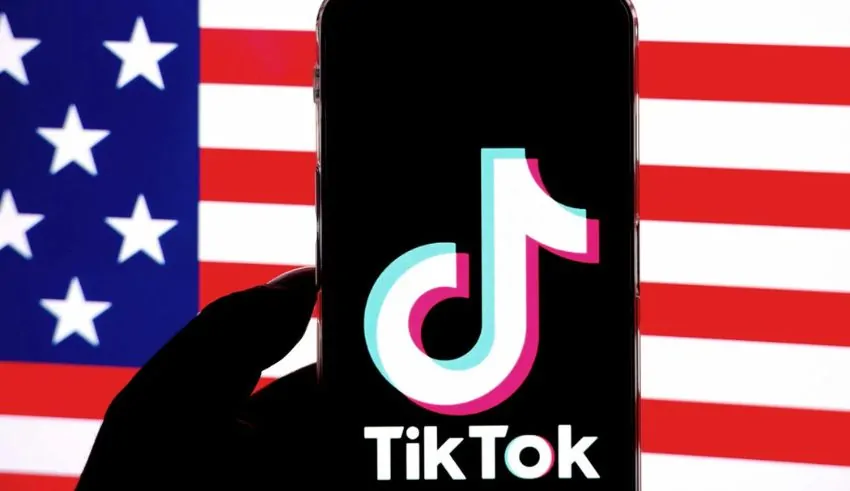

(C) Harvard Law School
In a major legal setback for TikTok, a US appeals court has upheld a law that could lead to the platform’s eventual ban in the United States, signaling a significant escalation in the ongoing battle between the social media giant and the US government. The court’s ruling, issued on Friday, rejected TikTok’s claims that the law infringes on the constitutional rights of the company and its millions of American users, specifically their right to free speech.
The law, which was signed into effect by President Joe Biden in April 2023, mandates that TikTok either sell its US operations to a non-Chinese entity or face a complete ban in the US. The ruling is part of growing concerns among US lawmakers and security officials regarding the platform’s potential security risks, primarily due to its ownership by ByteDance, a Chinese company. This decision further intensifies the geopolitical tension surrounding the app and its perceived threat to national security.
The central issue behind the law revolves around fears that TikTok, as a Chinese-owned company, could be compelled to share sensitive user data with the Chinese government. US lawmakers and national security officials have raised alarms about the vast amounts of personal information TikTok collects from its users, including location, browsing habits, and personal preferences. Critics argue that this data could be used by the Chinese government for surveillance, espionage, or to influence public opinion, especially during sensitive political times.
These concerns have led to increasing calls from US lawmakers to take action against the platform. In particular, some worry about the app’s potential use for information warfare, citing TikTok’s ability to rapidly spread content to millions of users, potentially shaping political discourse and public opinion. The Chinese government’s track record of closely regulating and monitoring internet activity has made many skeptical of ByteDance’s ability to safeguard user data from state interference.
Despite the growing pressure and concerns, TikTok has vehemently denied allegations that it poses a national security threat. The company has taken several steps to protect its US user data from foreign influence, including shifting its data storage to the United States and establishing an independent monitoring system for its data practices. TikTok also claims that it does not share user data with the Chinese government and has implemented numerous measures to ensure transparency and accountability.
In response to the court ruling, TikTok has vowed to appeal, maintaining that banning the platform would violate the free speech rights of its users. The company argues that TikTok is a platform for entertainment, education, and communication, and that millions of Americans use the app to express themselves and engage with others. TikTok’s legal team has signaled their intent to fight the law, with a particular focus on challenging its constitutionality, and they have until January 19, 2025, to decide their next steps.
TikTok now faces a critical deadline of January 19, 2025, by which time it must either comply with the law by selling its US operations to a non-Chinese entity or face a potential ban in the country. The company has argued that such a ban would cause significant harm to its business operations, impact millions of American users, and set a dangerous precedent for how other foreign-owned tech companies could be treated in the future.
While TikTok has actively worked to address security concerns, including attempts to work with US officials on transparency and data protection, the government remains firm in its stance. National security remains the primary justification for the potential ban. In their decision, the court upheld the law, emphasizing the government’s responsibility to protect US citizens from potential threats, including cyber risks posed by foreign actors.
Although this case is centered on TikTok, its broader implications could reverberate through the social media landscape, affecting other platforms with international ownership. If the US government moves forward with a TikTok ban, it could set a legal precedent for how governments across the world handle social media companies with ties to foreign governments. This could lead to heightened scrutiny and regulation of other platforms, especially those based in countries with strained diplomatic relations with the US or other Western nations.
Furthermore, TikTok’s ban in the US could spark similar regulatory actions in other countries, especially in Europe and Asia. Governments around the world are increasingly concerned about data privacy and security, and the TikTok case could influence how other countries treat foreign-owned tech companies, particularly those with access to large amounts of personal data.
If TikTok were to be banned in the US, the economic and cultural repercussions could be substantial. The app has become a significant player in the global social media market, with millions of users in the US alone. Content creators, influencers, and businesses that rely on TikTok to promote products, services, and personal brands would be forced to pivot to other platforms, potentially causing disruptions in marketing and entertainment industries. Additionally, the app has been a critical tool for small businesses to reach new customers and grow their brand, and its removal could have far-reaching consequences for these entrepreneurs.
Culturally, TikTok has played a key role in shaping trends, viral challenges, and new forms of online entertainment. A ban in the US would deprive millions of users of a platform that has become central to youth culture and online interaction. It would also impact the broader media landscape, as TikTok’s influence extends beyond social media into music, fashion, and even politics.
As the legal battle continues, international reactions will likely play a role in the ongoing discussions about TikTok’s fate. Countries with closer ties to China, such as Russia and several African nations, may see this case as a precedent for handling Western-based social media companies, while European nations may weigh in on the matter through their data privacy laws and regulations. In particular, the European Union’s General Data Protection Regulation (GDPR) has already established strict rules regarding the handling of personal data, which could influence future legal frameworks for social media platforms.
In conclusion, the fight over TikTok’s future in the United States is far from over. With national security concerns continuing to drive the debate, the app’s legal team will likely continue to push back against the law. As the case unfolds, it will not only shape TikTok’s future but also impact the broader landscape of social media and digital privacy, raising important questions about data sovereignty, the role of government in regulating tech companies, and the boundaries between national security and individual freedoms.
The European Union and Singapore agreed to a transformative Digital Trade Agreement which serves to deepen their economic relations through…
If you are planning to fly via Malaysian Airlines or booked any of your travel through India or any of…
Music is a strongest medium to connect ourselves with the soul and any individual around the world because the emotion…
During the speech at the Financing Asia's Transition Conference the minister of environment in Malaysia called on ASEAN nations to…
The 61st Baeksang Arts Awards ceremony took place on 5 May 2025 at Seoul in South Korea and this glittering…
The fifth prisoner exchange took place on 6 May 2025 between Russia and Ukraine involving 205 prisoners and it is…
This website uses cookies.
Read More